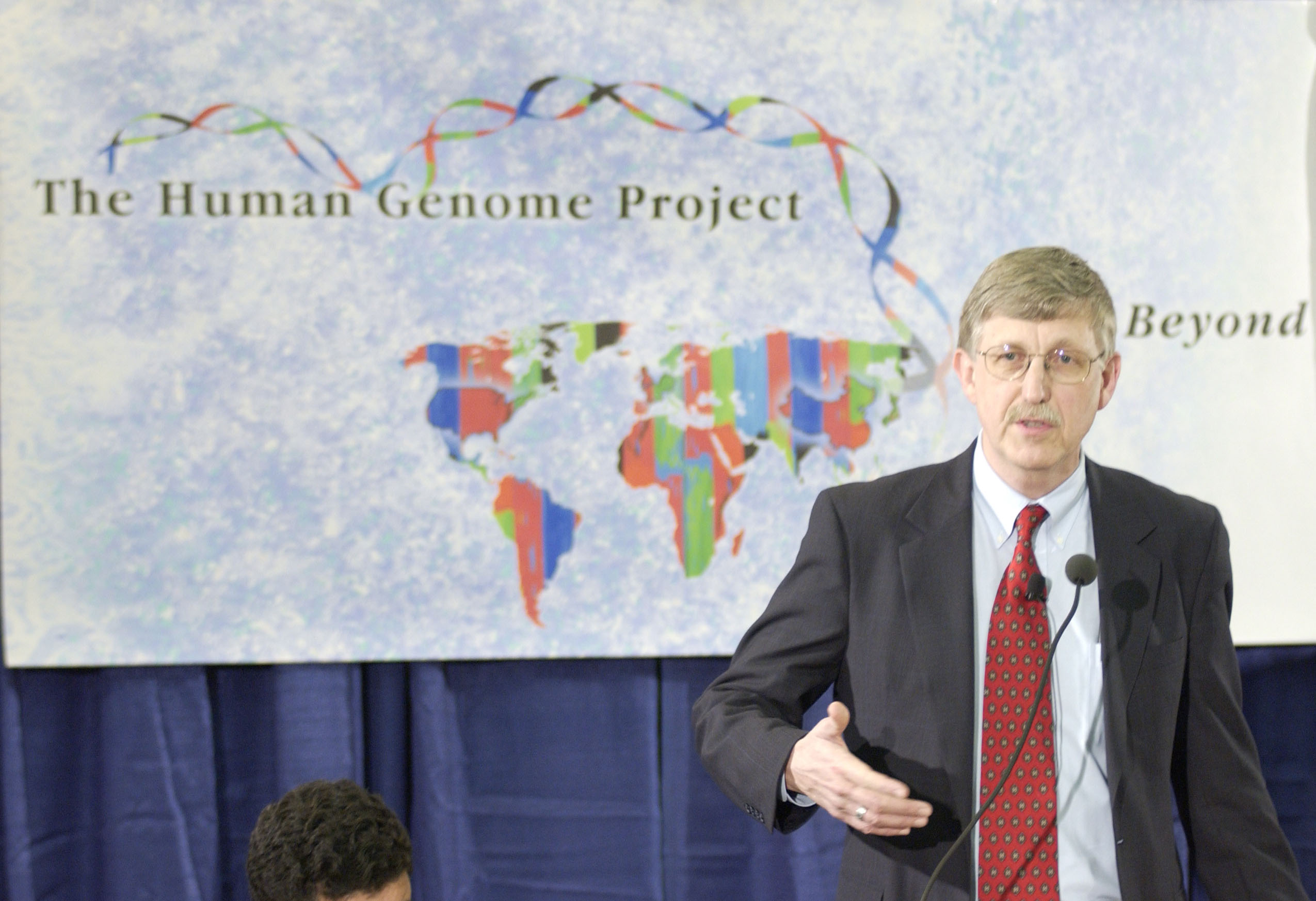
Francis Collins reflects on 12 years of leading NIH
Francis Collins is stepping down as director of the US National Institutes of Health (NIH) after more than 12 years on the job. He was also a head of the Human Genome Project.
He steered the NIH through turbulent waters under Presidents Obama, Trump and Biden. He is also an evangelical Christian who has written a book about the compatibility of science and faith.
On the eve of his retirement he spoke with Nature about his time at the NIH. Here are some excerpts:
On foetal tissue research:
I think it’s widely known that the NIH tried to protect the continued use of human fetal tissue. But ultimately, the White House decided otherwise. And we had no choice but to stand down. That is how the government works. Now that we have a different administration, that has changed.
One can learn from fetal tissue, important things that may ultimately save lives. There is the reality that in this country, pregnancy terminations are legal, and so there are lots and lots of fetal tissues being discarded every day. I’ve tried to make the case, as a Christian and somebody who really does think that human life is sacred, that it is more ethical to utilize some of these fetal tissues occasionally, in a way that might benefit somebody, than to put them into the incinerator. That doesn’t win me friends in some constituencies, and it certainly didn’t win the day in the Trump administration.
The ethics of stem cell research
We are not just technicians. We are also supposed to be people who have a moral compass, and if something is happening in biological research that crosses that line into territory, which, in general, we as the human species have concluded shouldn’t be happening, then it’s up to us to point that out. I was not one of those who knew that this experiment was going on. The whole thing was complicated by the fact that we don’t have an international body that basically sets these kinds of ethical rules. This is one of the things that vexes me a bit. And I don’t see it as likely that that’s going to emerge anytime soon, given the fact that countries don’t seem to be able to agree on a lot of things.
The politicization of science
[P]olarization is much worse — and tribalism is much worse. We’re in a really bad place. If science happens to produce a result that a political perspective doesn’t like, then science has to be attacked. That’s exactly what we see now happening, to the detriment of getting the facts out there.
Fake news about science
Somewhere along the way, our political hyperpolarization began having a lot of really dangerous consequences, where in many instances we seem to have lost a sense of how to tell the difference between a fact and an opinion — or some Facebook post that’s, frankly, a lie. That’s truly dangerous. That’s another epidemic that is not going to go away even if we triumph over COVID-19.
